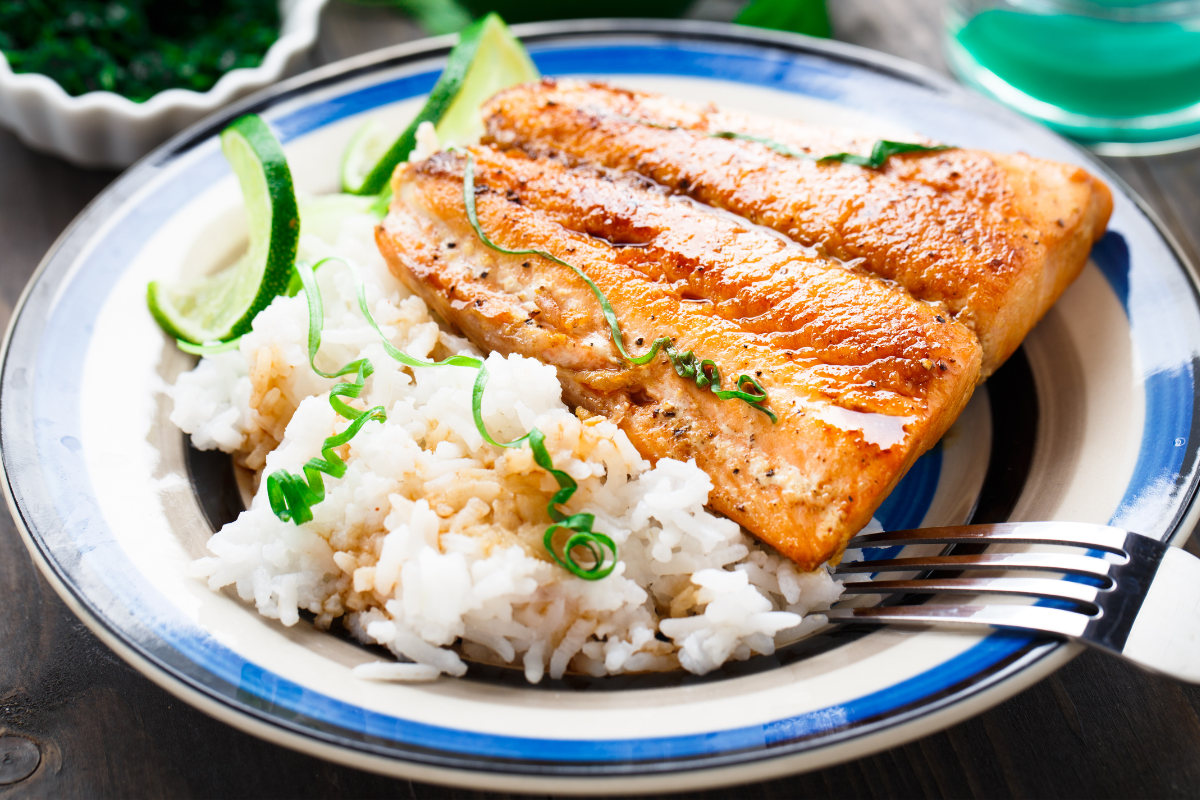Nurturing our noggin through life stages that demand so much on our brain can sometimes be the last thing on our list - but it's important that we don't leave it until things 'feel wrong' before we start to look after our brain health. And the good news? Ensuring that we consume enough omega-3 to look after our brain is a great place to start.
What omega‑3 actually does for your brain
Your brain is nearly 60% fat, and omega‑3s are among the most vital types — especially DHA (docosahexaenoic acid) and EPA (eicosapentaenoic acid). These fats help:
-
Build brain cell membranes
-
Support communication between brain cells
-
Reduce inflammation (which plays a role in cognitive decline)
-
Maintain mood balance and emotional resilience
Multiple studies have shown that low omega‑3 levels are linked to slower thinking, poor memory, and increased risk of depression, especially in women going through perimenopause or menopause.
And yet, most of us simply aren’t getting enough.
Why many women are especially low in omega‑3
You’d think something this important would be easy to come by - but here’s the problem. Our bodies can’t make omega‑3s, so we have to get them from food. And unless you’re eating oily fish two or three times a week, there’s a good chance your omega‑3 intake is low.
Busy routines, fussy eaters, and dietary choices (especially plant-based diets) can all make it harder to hit the recommended amounts — and your brain often pays the price.
How to get more omega‑3 in your diet
To give your brain what it needs, try building omega‑3‑rich foods into your weekly rhythm:
-
Oily fish – salmon, sardines, mackerel, anchovies, trout
-
Chia and flax seeds – a plant source of ALA (a precursor to DHA and EPA, though the conversion is limited)
-
Walnuts – another helpful plant-based source
-
Fortified eggs or plant milks – check labels for added DHA
If oily fish isn’t your thing, or life just gets in the way, then supplementation can help to boost your intake consistently.
Why a daily supplement makes sense
If you’re looking for a no-fuss way to keep your brain topped up, Noggin’s Fish Oil is a high-quality, high-strength omega‑3 supplement made for exactly this dilemma.
It delivers DHA and EPA in their re-esterified triglyceride form (that’s the most bioavailable kind), which means it’s well absorbed and easy on the stomach. Just one teaspoon a day supports:
-
Memory and focus
-
Mood and emotional wellbeing
-
Cognitive resilience through hormonal changes and ageing
It’s a small habit that makes a big difference, especially when your brain is doing the job of five.
The missing piece?
If your mind feels like it’s not firing the way it used to, omega‑3 might be the missing piece. You don’t need to overhaul your life — just nourish your brain with the essentials it needs to keep up.









